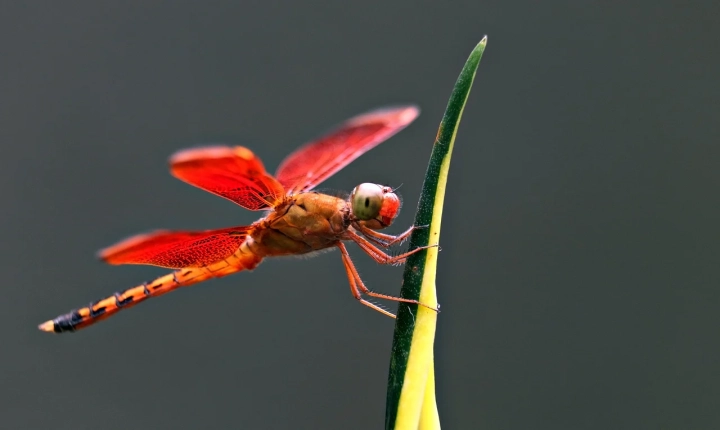Can ChatGPT Recognize Music?
ChatGPT, OpenAI’s powerful language model, has gained a lot of attention for its ability to generate human-like text and respond to a wide range of queries. But can it recognize music as well? In short, the answer is no. ChatGPT is not designed to recognize music in the traditional sense, meaning it cannot identify songs based on their audio content alone.
ChatGPT operates primarily on text input and generates responses based on the patterns and information it has learned from the vast amount of text data it has been trained on. While it can understand and discuss music as a concept, such as artists, genres, and musical theory, it does not possess any audio recognition capabilities.
However, OpenAI has developed another model called CLIP (Contrastive Language-Image Pretraining), which is designed to understand and process both text and images. While CLIP has shown remarkable abilities in visual recognition and understanding the content of images, it still does not have the ability to recognize music directly from audio files.
Recognizing music, including songs, melodies, and various audio tracks, requires a different set of tools and technologies. Music recognition systems are typically built using algorithms that analyze the audio content of a given piece of music and compare it to a database of known songs or music fingerprints. These systems often use techniques such as signal processing, machine learning, and feature extraction to identify and classify music based on its acoustic properties.
One popular application of music recognition technology is the ability to identify songs using a smartphone app, where users can simply record a snippet of music and receive information about the song, artist, and album. Services like Shazam and SoundHound have become widely used for this purpose and have demonstrated the potential of music recognition technology.
While ChatGPT itself may not be able to recognize music, it remains a powerful tool for discussing and exploring a wide range of topics related to music and beyond. Its natural language processing capabilities allow it to engage in meaningful conversations about music, provide information and insights, and respond to questions and prompts related to music theory, history, and more.
In summary, while ChatGPT cannot directly recognize music, its linguistic abilities make it a valuable tool for discussing music-related topics and engaging in dynamic conversations about various aspects of the music industry and culture. As technology continues to advance, it’s possible that future AI models may integrate audio recognition capabilities, further expanding the range of tasks and understanding that these models can achieve.
